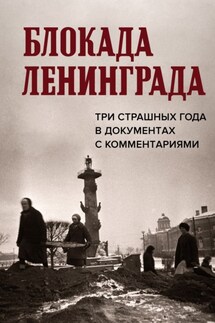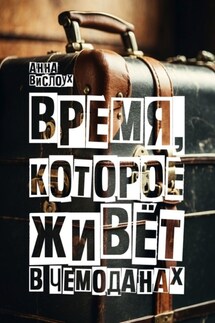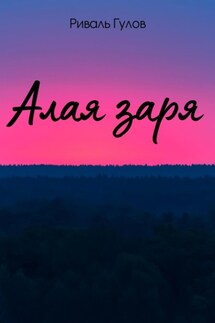Solar Wind. Book one - страница 31
Prefect of the Pretoria Turbo, to which the service of the frumentarii44 was subordinate, the collectors of human secrets, reported that the viceroy did not behave quite well, and the cup of patience of the Jews was overflowed with Rufus’ harassment of a newlywed. It was as if he had corrupted a few women.
This Rufus had yet to be dealt with.
Now, after four years of bloody war, in which the Romans lost many experienced warriors, several legions, Hadrian sat in front of the city of Betar on a white horse in armor, a purple cloak—a symbol of imperial power, fluttered behind his back. He didn't usually have a helmet, because he never covered his head, neither in winter nor in summer. He was surrounded by a small retinue.
The Augustus sun burned brightly in the sky, warming the air, gray stones, distant mountains. There was a severe heat, which happened in these places in early Augustus, and Hadrian felt her suffocating, squeezing his lungs. He was afraid that his nose would start to bleed.
Covering his eyes with his palm from the blinding light, he looked at the last stronghold of the Jewish resistance, the fortress of Betar. In front of him was an impressive sight worthy of the artist's brush; in the middle of small hills, scorched by the southern sun, gray-yellow stones, faded green trees, lay a Jewish fortress, which survived a long siege, but was eventually captured thanks to the unexpected help of the Samaritans. When the Roman legions, exhausted by the long and barren siege, were about to retreat, the Samaritans came to the rescue and helped to find out the secret passage into the fortress.
Hadrian carefully considered the high gloomy walls, partially punctured by battering rams and destroyed by powerful catapults, a long ditch stretching along them, filled with the corpses of legionnaires. They lay in the sun-shining armor, and the red cloaks covered many, as if preparing for a funeral fire. Black smoke of fires, engaged in several places, rose into the sky above the fortress.
Roman troops entered Betar only a few hours ago on the ninth day of the Ava45 on the Jewish calendar. Loud wails of murdered male-defenders were heard from the city and their bodies, similar to dead birds falling from the ruined nests, were strewn from the city. There were laments of women who were dragged by the victors. Behind the walls of the city rattled deaf blows, as if someone was banging on a huge drum.
Terrified residents appeared from the broken gates, with men, women, children, exhausted and dirty, with difficulty moving their legs. They were led by guards, separated by each cohort. Soon the Jews would be turned into slaves, into a living commodity. Rich prey!
It had been hard lately. The state needed almost five hundred thousand slaves annually, but the conquests ended, and the pirates captured at sea could not cover all the needs. The last emperor to satisfy the needs of the state was Trajan, who captured a large extraction in Dacia. And now, he, Hadrian, would help Rome.
Among other things, he would also teach the Jews a lesson, an order had already been given to wipe out almost a thousand settlements in Judea, about fifty fortresses. Many would be executed and crucified. He would pour blood on this scorched, stingy earth, paint its sky in red in accordance with his preferences, as an artist who creates an epic canvas. Blood and earth, what could be more epic? His work would be no worse than






